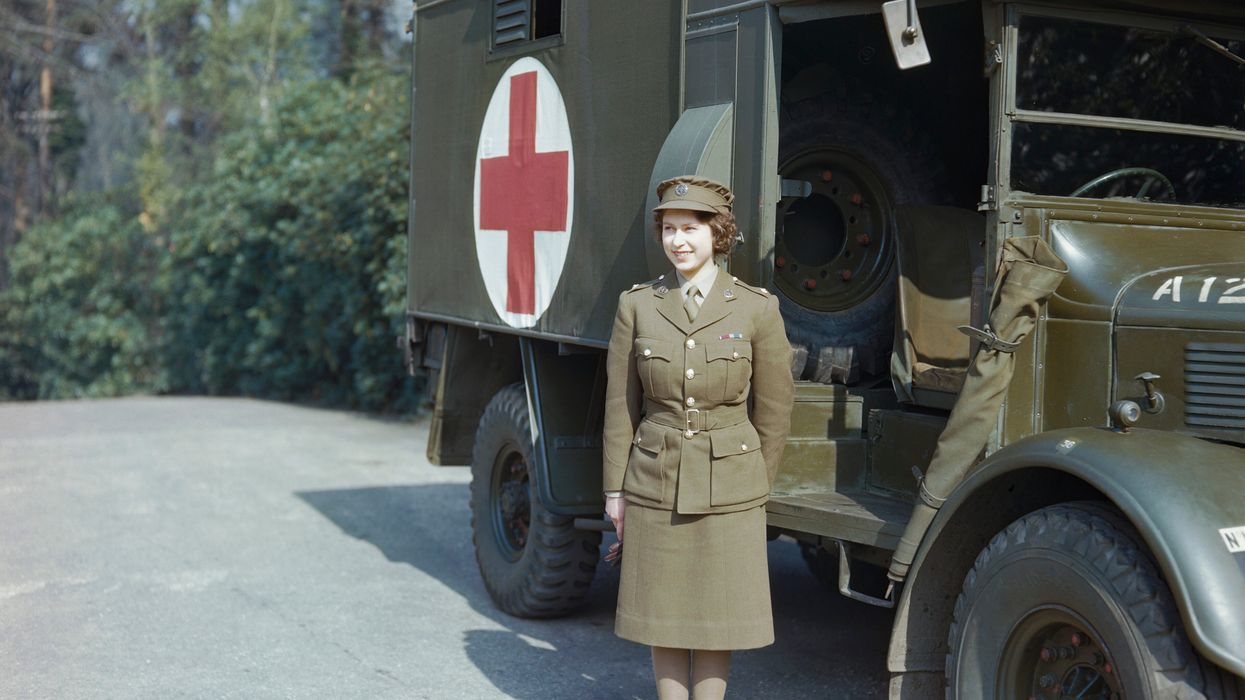It is tough to imagine modern vocabulary without the word, "OK." It is one of the most common words in the English language, but linguistically it's relatively new. This means that two centuries ago, people did not use the word "OK" so frequently or maybe did not use it at all. Over the years, the word "OK" has found its way into other languages, and for decades, it has been the go-to word for most people who mean to acknowledge any sentence.
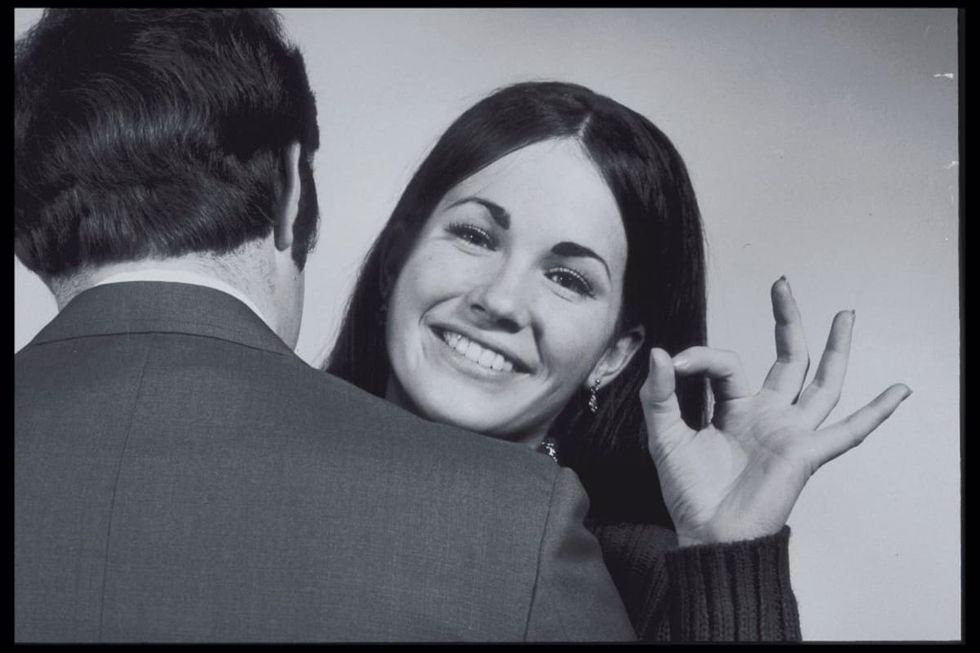
According to Smithsonian Magazine, the use of the word is said to have dated back to the year 1839 and surprisingly the word "OK" was meant to be used for a different purpose. On March 23, 1839, the word “OK” was first introduced to the world by a Boston newspaper editor. In the Saturday edition of the Boston Morning Post, editor Charles Gordon Greene attempted to make fun of the Providence Journal by inserting the abbreviation “o.k” at the end of a paragraph.
What happened next was simply amusing as the editor's so-called dig went on to make its way to the American vocabulary. The two-letter word was used for abbreviating “oll korrect,” a comical misspelling of the words “all correct.” Little did Greene know that his humourous dig at the Providence Newspaper would become a 'revolutionary' modern-day abbreviation.
Historian Christopher Klein explained the actual reasoning behind the creation of this word as he said that in the 19th century, America witnessed a rise in abbreviated words just like the present generation adopting shortcuts like OMG and ASAP. Back in the 1830s, people had a whole set of slang terms they abbreviated. Popular abbreviations included “KY” for “No use” (“know yuse”), “KG” for “No go” (“Know go”), and “OW” for all right (“oll wright”). These were some popular shortcuts of that era. He explained, "In an attempt at humor, young, educated elites deliberately misspelled words and abbreviated them for slang".
A lot of credit goes to Allen Walker Read a.k.a. the man responsible for lifting the lid on the “OK” mystery. Allen, an English professor at Columbia University who specializes in American linguistics, did not pay heed to unverified theories on the origins of “OK,” ranging from the name of a popular Army biscuit (Orrin Kendall) to the name of a Haitian port famed for its rum (Aux Cayes) to the signature of a Choctaw chief named Old Keokuk. Besides the odd biscuit and Haitian port theory, there were claims that President Martin Van Buren had invented the term in his presidential campaign, which used the slogan "Vote for OK" which was also the abbreviation for his hometown and his nickname - Old Kinderhook.
For now, the rightful inventor of the word has been a mystery yet the closest answer is Boston Morning Post's editor Charles Gordon Greene. I guess we'll have to be okay with not knowing the real inventor of "OK".















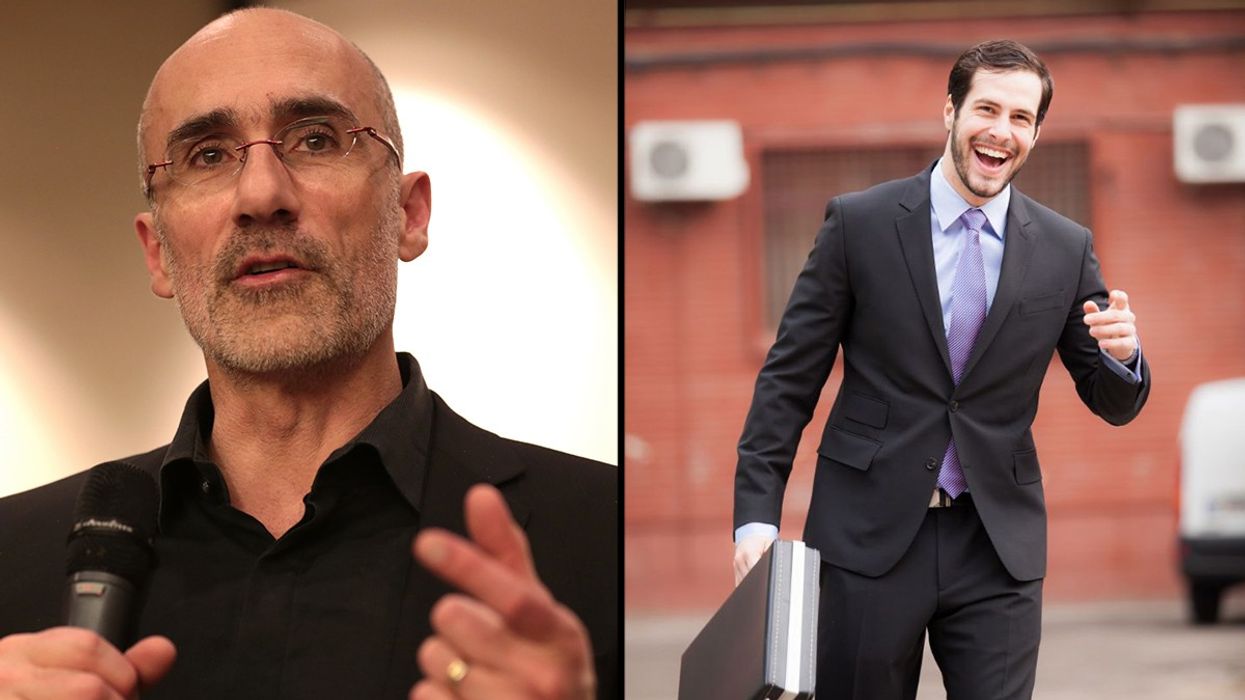
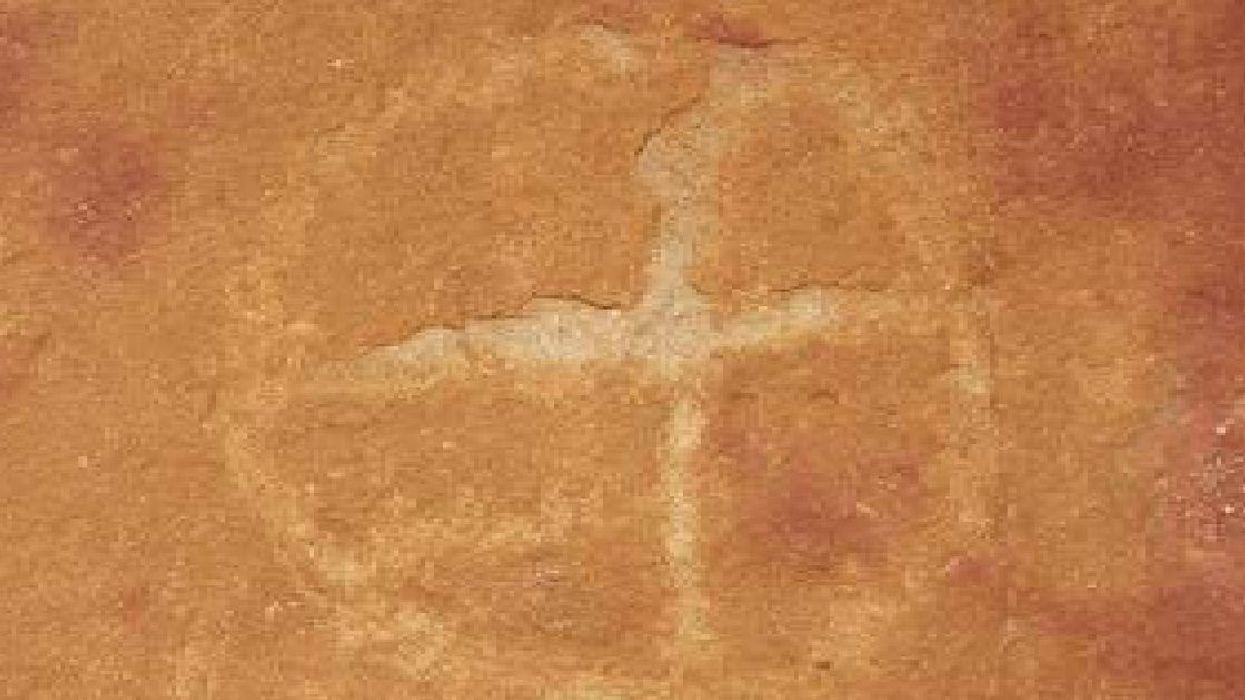
 Image frmo Scientific Reports of ancient artwork. Image Source:
Image frmo Scientific Reports of ancient artwork. Image Source:  Image frmo Scientific Reports of ancient artwork.Image Source:
Image frmo Scientific Reports of ancient artwork.Image Source:  Image frmo Scientific Reports of ancient artwork.Image Source:
Image frmo Scientific Reports of ancient artwork.Image Source: 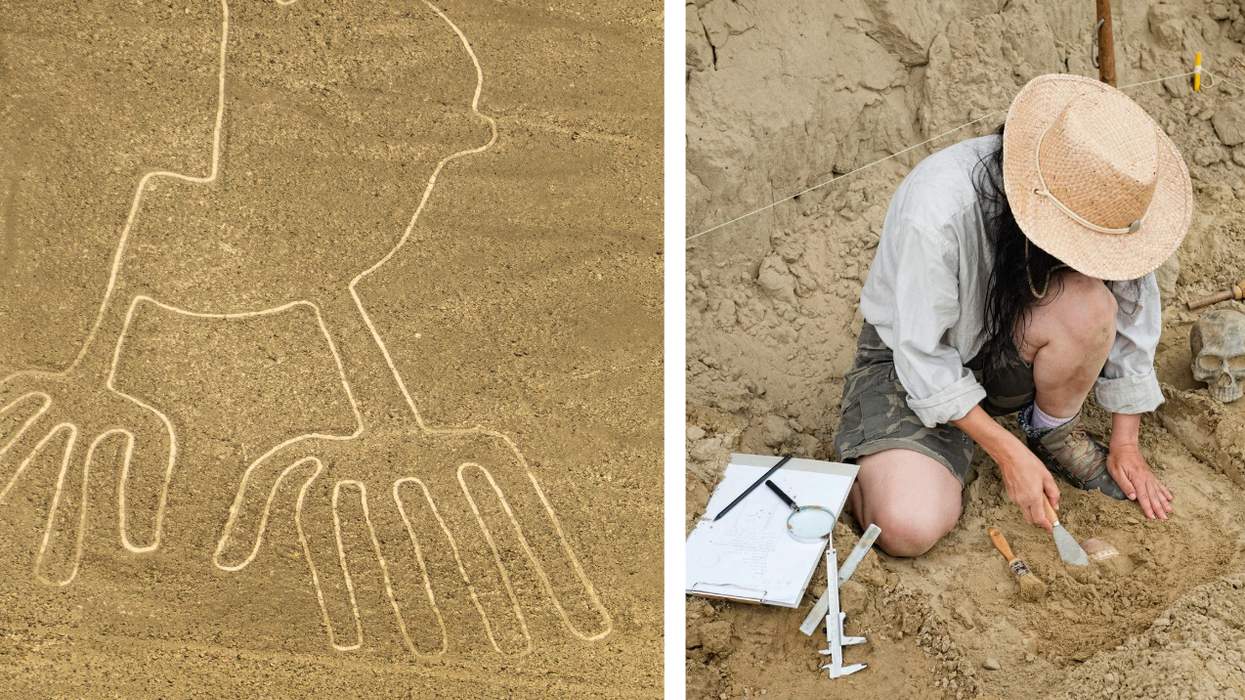

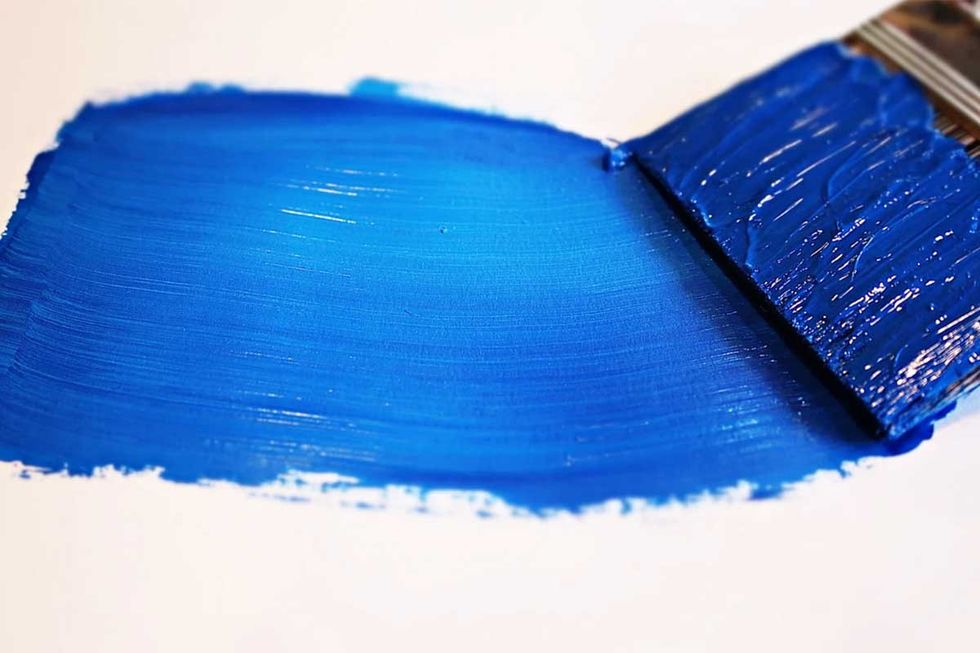 It's difficult to imagine seeing a color and not having the word for it. Canva
It's difficult to imagine seeing a color and not having the word for it. Canva
 Sergei Krikalev in space.
Sergei Krikalev in space. 


 The team also crafted their canoe using ancient methods and Stone Age-style tools. National Museum of Nature and Science, Tokyo
The team also crafted their canoe using ancient methods and Stone Age-style tools. National Museum of Nature and Science, Tokyo The cedar dugout canoe crafted by the scientist team. National Museum of Nature and Science, Tokyo
The cedar dugout canoe crafted by the scientist team. National Museum of Nature and Science, Tokyo